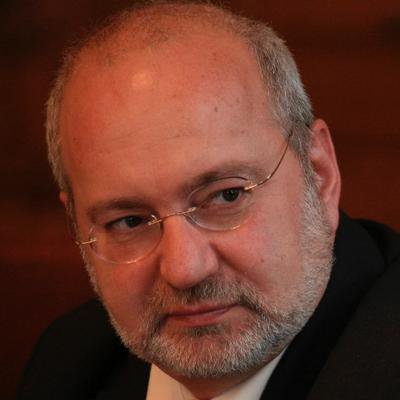
In 1988 Eörsi was among the founders of the liberal Alliance of Free Democrats (SZDSZ), one of the first Hungarian democratic parties. As a founder, he was involved in the so-called National Negotiations, the series of negotiations between the Communist Party and the emerging opposition on the rules and laws of the transition to a democratic system. A year later, as a member of the CEC (Central Election Commission), he was responsible for a historical referendum on crucial constitutional affairs. In 1989, Eörsi was elected to the parliament, during the first free post-communist general elections in Hungary. In his first parliamentary term, he was a member of the Constitutional Committee, where most laws for the constitutional changes were prepared and agreed on. At the same period, he was a member of the EU-Integration Committee as well.
Parliamentary Assembly of the Council of Europe (PACE) has provided him the opportunity to work at his personal mission: assisting in political transitions and the creation of democratic institutions in order to safeguard human rights and the rule of law. Due to his commitment to democracy, Eörsi has undertaken numerous missions to support democratic development in Europe and beyond, among others on behalf of the National Democratic Institute for International Affairs (NDI) in Washington, D.C. and Freedom House. During these missions, he shared the Hungarian transition experiences of the early 1990s in countries such as Albania, Latvia, all South Caucasus countries, and later South Africa, Burundi, Indonesia, Mali and Montenegro.
Furthermore he was involved in the Israeli/Palestinian peace process. In 2007, he visited Cuba to share the Hungarian experiences and strategies with the opposition. With PACE, Mátyás Eörsi guided the democratic reforms in Georgia as a rapporteur since 2000, and has been a chairperson of election observation missions for many times. He submitted several reports to the Assembly, but he takes a special pride in three of them. The report about Cyprus (2004) was supported by all stakeholders, unprecedented in the history of the Assembly. His recent report, “Attitude to Memorials Exposed to Different Historical Interpretations” (2009), was also adopted by consensus and was applauded both by Estonian and Russian members. His report on the Balkans (2006) provided a comprehensive set of recommendations on European aid to citizens of the Balkan countries.